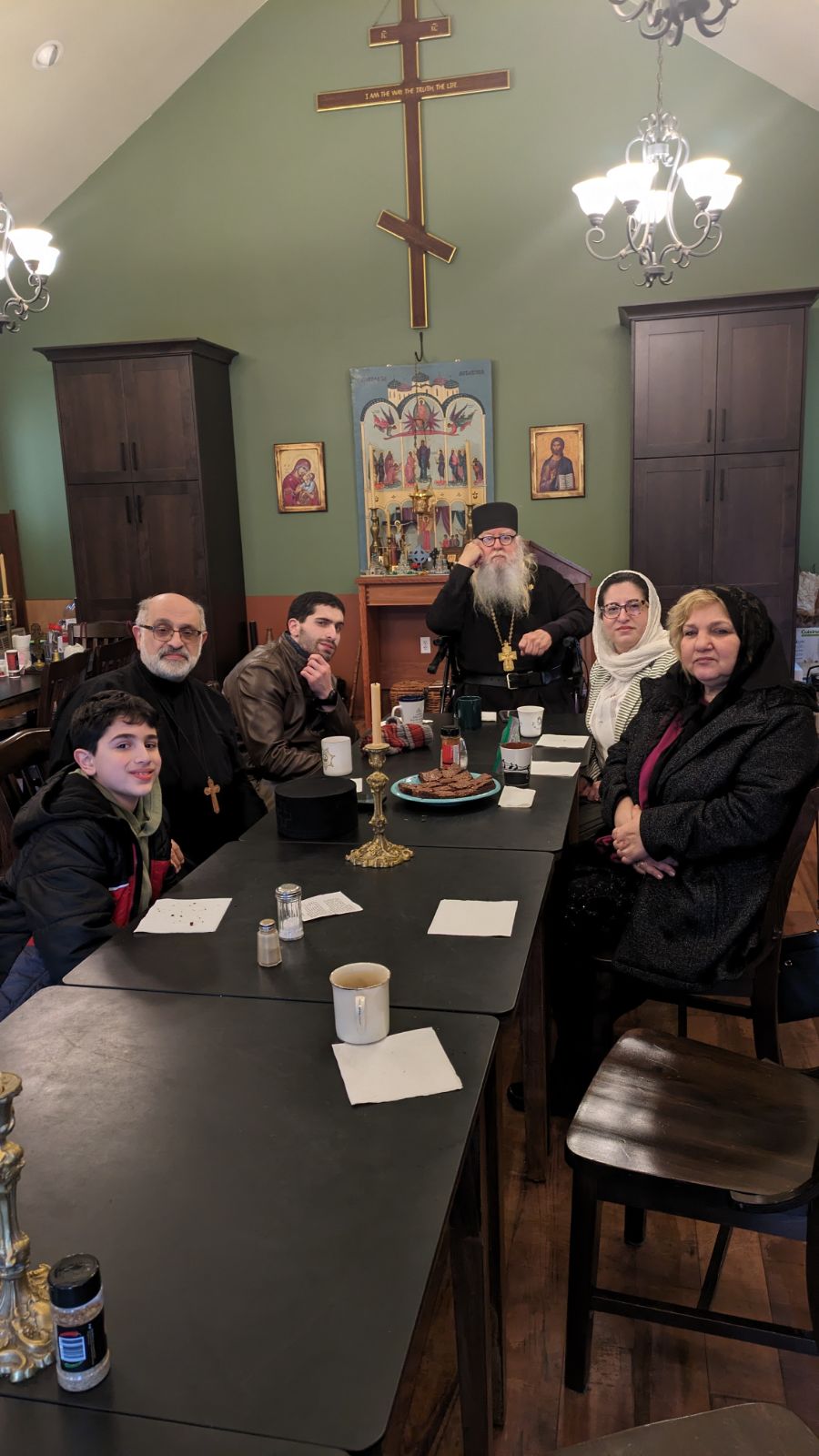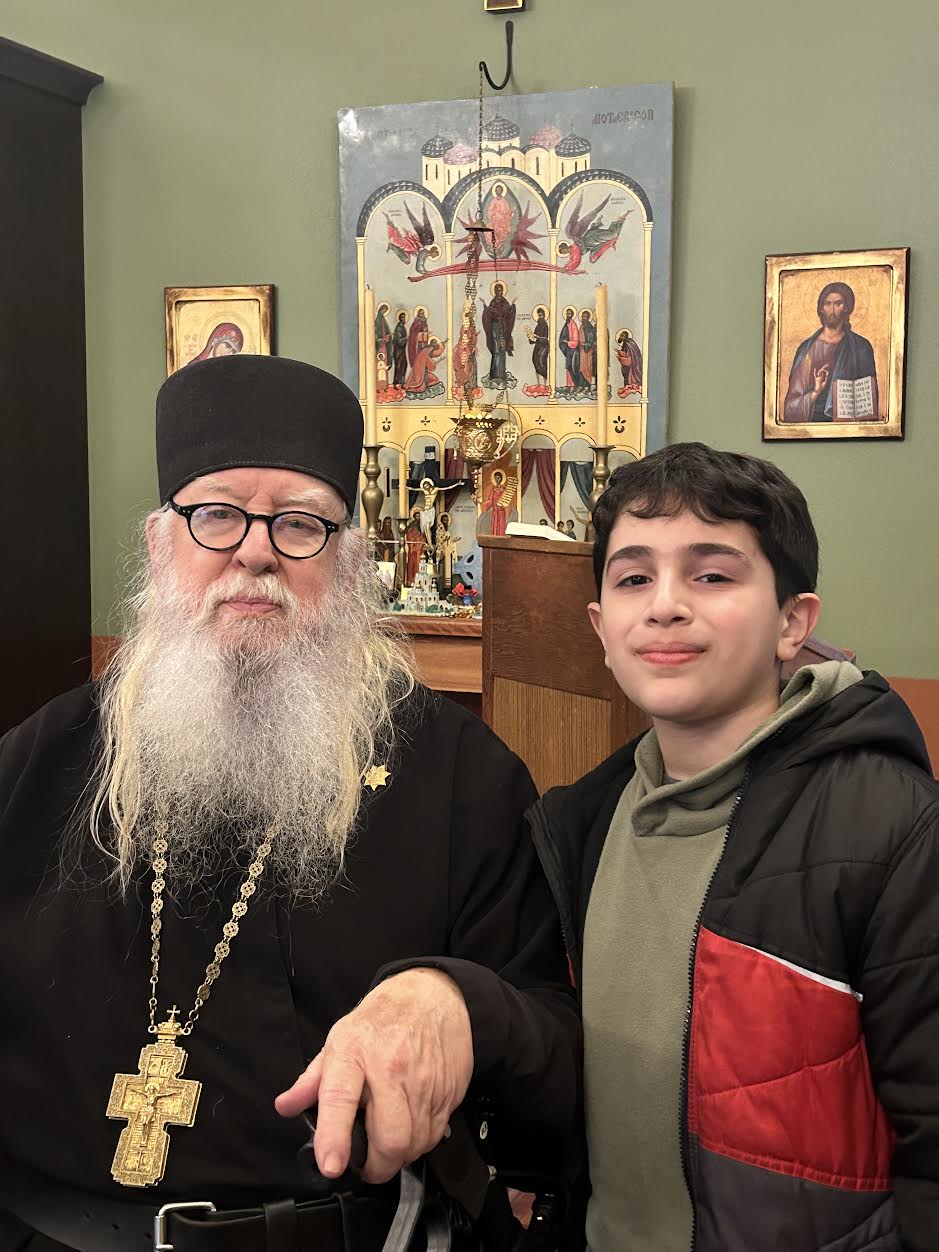Let Us Tend the Garden of the Heart

Both my grandfathers and my mother were avid gardeners, so I grew up surrounded by the beauty of plants and flowers. The cottage garden is a distinct style of garden that is certainly my favorite. The use of traditional materials, in an informal design, together with dense plantings, and a mixture of ornamental and edible plants, is identified the world over as English in origin. The grandeur and formal structure, found in classical English estate gardens, has surrendered to homie and functional gardens that are filled with grace and charm.
The massive plantings of perennials, annuals, vegetables, and plants and flowers of every size and color, display like nothing else, the variety of beauty that bespeaks God’s creation. These gardens remind me of people, coming, as we do, in every size and color, all beautiful in our own special way. Some are like climbing roses, reaching to the heavens, and God’s glory. Others are like creepers, hugging the ground, and covering large areas like a carpet of green. Some are like cacti, needing little water, while able to live in the ascetic splendor of an Egyptian desert. Others, like water lilies, display beautiful blooms, even while floating in squalid water.
Like plants, we need watering and tending. For Christians, the Waters of Life can be found in baptism, where we are immersed in the Living Waters that bring us into life, standing us before the Creator, Who, like the gardener, tends to our needs, that we may grow and bloom to all our potential.
As we tend to our own heart, we must make sure we have guarded ourselves against the weeds that would strangle us, and smother our full potential as children of God. We must make sure we avail ourselves to the life sustaining food and water that comes from God as His Uncreated Grace. And, as the Body of Christ, the Church, (“neither male nor female, Greek nor Jew”) we will flower together, making up a garden of beautiful souls, basking in the Light of the Son of Righteousness.
With love in Christ,
Abbot Tryphon
Photos: Father Anastasios, pastor of an Antiochian mission parish in Marysville, Washington, and his family, visited the monastery on Monday.

Tuesday February 20, 2024 / February 7, 2024
38th Week after Pentecost. Tone four.
Venerable Parthenius, bishop of Lampsacus on the Hellespont (4th c.).
Venerable Luke of Mt. Steirion (953).
New Hieromartyr Barlaam, archbishop of Perm (1937).
New Hieromartyr Alexander priest (1938).
New Hieromartyr Alexis priest (1942).
The 1,003 Martyrs of Nicomedia (303).
Venerable Mastridia of Jerusalem, woman ascetic of the desert (ca. 580).
Six Martyrs of Phrygia (305) (Greek).
Venerable Peter of Monombateia (Greek).
St. Aprionus, bishop of Cyprus (Greek).
New Martyr George of Crete (1861) (Greek).
Martyr Theopemptus and Synodia (Greek).
St. Avgul, bishop of Brittany, who suffered under Diocletian (ca. 305).
St. Roman, bishop of Kilmaronen.
St. Richard, father of Saints Willibald, Wunnibald and Walburga.
The Scripture Readings
1 Peter 3:10-22
10 For
“He who would love life
And see good days,
Let him refrain his tongue from evil,
And his lips from speaking deceit.
11 Let him turn away from evil and do good;
Let him seek peace and pursue it.
12 For the eyes of the Lord are on the righteous,
And His ears are open to their prayers;
But the face of the Lord is against those who do evil.”
Suffering for Right and Wrong
13 And who is he who will harm you if you become followers of what is good? 14 But even if you should suffer for righteousness’ sake, you are blessed. “And do not be afraid of their threats, nor be troubled.” 15 But sanctify the Lord God in your hearts, and always be ready to give a defense to everyone who asks you a reason for the hope that is in you, with meekness and fear; 16 having a good conscience, that when they defame you as evildoers, those who revile your good conduct in Christ may be ashamed. 17 For it is better, if it is the will of God, to suffer for doing good than for doing evil.
Christ’s Suffering and Ours
18 For Christ also suffered once for sins, the just for the unjust, that He might bring us to God, being put to death in the flesh but made alive by the Spirit, 19 by whom also He went and preached to the spirits in prison, 20 who formerly were disobedient, when once the Divine longsuffering waited in the days of Noah, while the ark was being prepared, in which a few, that is, eight souls, were saved through water. 21 There is also an antitype which now saves us—baptism (not the removal of the filth of the flesh, but the answer of a good conscience toward God), through the resurrection of Jesus Christ, 22 who has gone into heaven and is at the right hand of God, angels and authorities and powers having been made subject to Him.
Mark 12:18-27
The Sadducees: What About the Resurrection?
18 Then some Sadducees, who say there is no resurrection, came to Him; and they asked Him, saying: 19 “Teacher, Moses wrote to us that if a man’s brother dies, and leaves his wife behind, and leaves no children, his brother should take his wife and raise up offspring for his brother. 20 Now there were seven brothers. The first took a wife; and dying, he left no offspring. 21 And the second took her, and he died; nor did he leave any offspring. And the third likewise. 22 So the seven had her and left no offspring. Last of all the woman died also. 23 Therefore, in the resurrection, when they rise, whose wife will she be? For all seven had her as wife.”
24 Jesus answered and said to them, “Are you not therefore mistaken, because you do not know the Scriptures nor the power of God? 25 For when they rise from the dead, they neither marry nor are given in marriage, but are like angels in heaven. 26 But concerning the dead, that they rise, have you not read in the book of Moses, in the burning bush passage, how God spoke to him, saying, ‘I am the God of Abraham, the God of Isaac, and the God of Jacob’? 27 He is not the God of the dead, but the God of the living. You are therefore greatly mistaken.”
